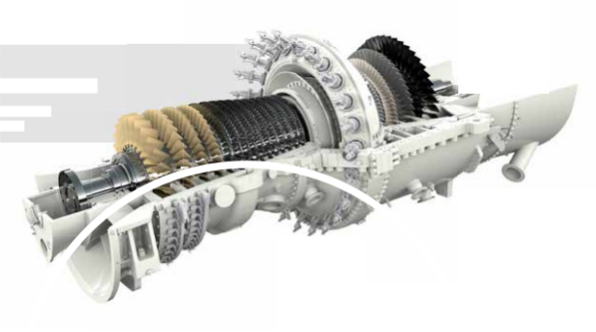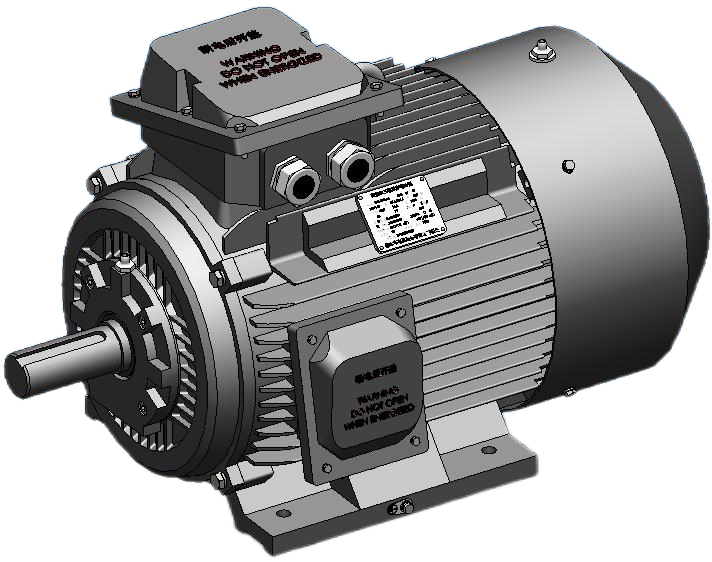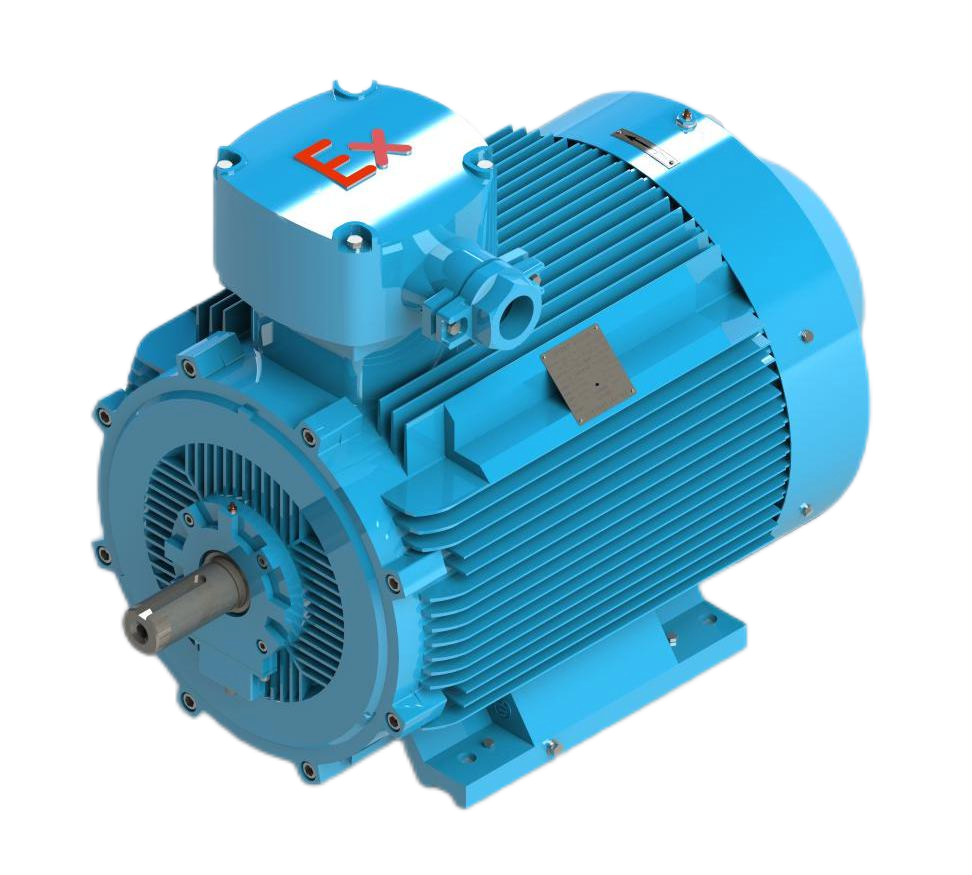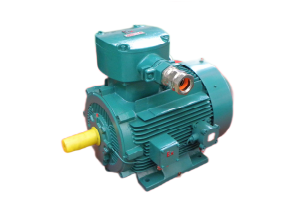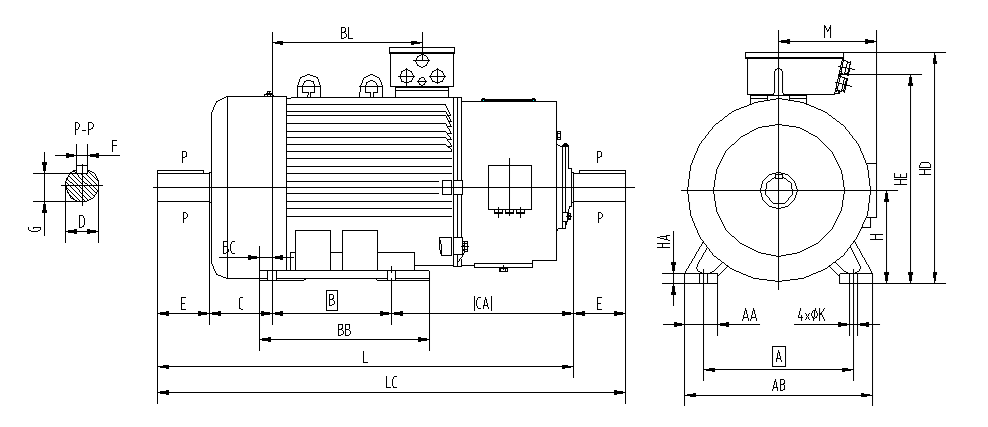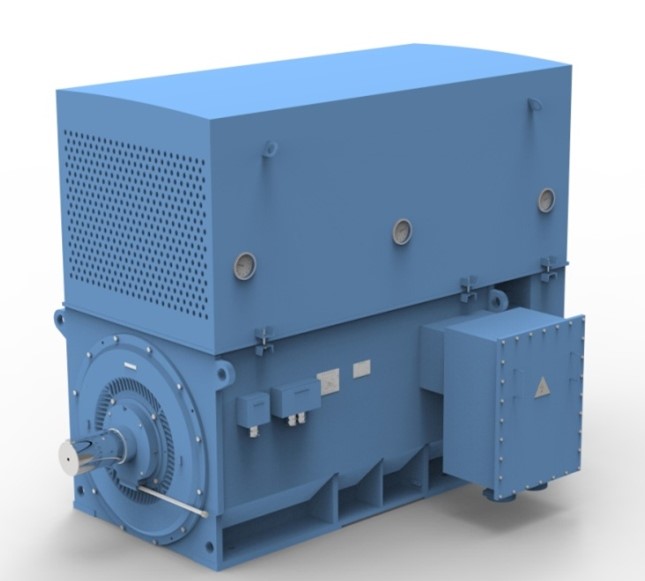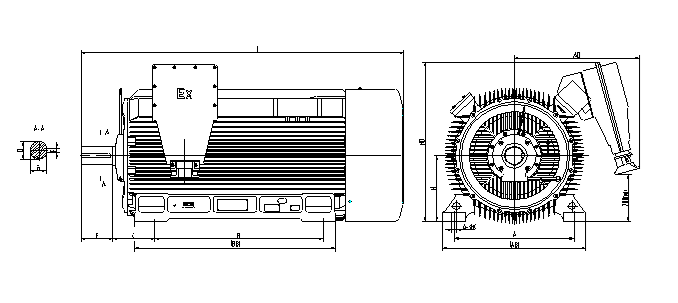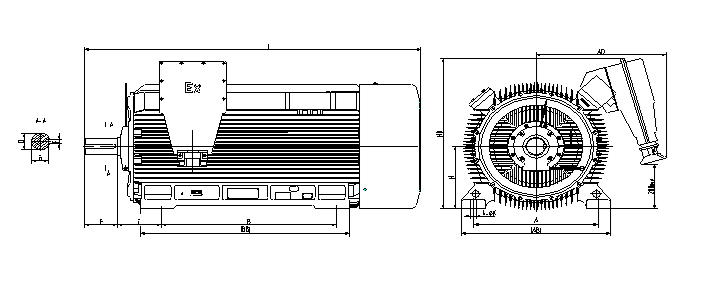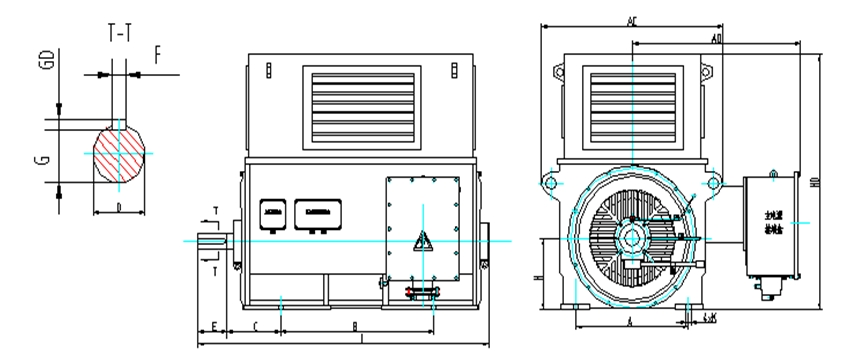Wedoany.com Report-Dec 30,Everyone wants to know what will happen to the federal tax credit for buying an electric vehicle after President-elect Trump takes office on January 20. The Ford Motor Company, for one, isn’t sweating, or at least that was the case a few weeks ago. Now that a battle royale over immigration policy has busted out within the ranks of Trump voters, Ford coul find itself in the boycott hotseat along with other Trump-supporting corporations.
Ford Is Not Sweating Over The Electric Vehicle Thing, Yet
Earlier this month Ford CEO Jim Farley insisted that there is no need for electric vehicle stakeholders to panic over the potential loss of the federal tax credit. After all, the nation’s #1 electric vehicle stakeholder, Elon Musk, is now firmly embedded in the media sphere as a sort of unelected co-president with Trump. Musk’s official status as a top advisor to the incoming President should practically guarantee a favorable environment for electric vehicle sales in 2025 and beyond.
Or not, as the case may be. The concern is that Musk could leverage his position to engineer new federal policies that favor Tesla’s electric vehicles over the competition.
That could explain why Ford is reportedly donating a fleet of its vehicles plus $1 million to the Trump inauguration fund, a move noted by multiple news organizations on December 23. As further noted by USA Today reporter Natalie Neysa Alund, Farley’s public statements also indicate that he is vying for a piece of Trump’s ear at the policy-making table.
Coincidentally, or not, another indication of concern dropped on December 19, when Ford laid out the business case for electrifying commercial fleets. That’s a sector in which Ford already has a leg up on Tesla, partly through its electric E-Transit van, the zero emission version of its top-selling Transit commercial van. E-Transit has been on the market in Europe since 2022 and it began shipping in the US earlier this year.
All else being equal, the focus on commercial sales could help buffer Ford from any advantage Tesla could gain by having its CEO camping out in the Oval Office.
“We Need Trucks”
Politics aside, the bottom line case for commercial fleet electrification is a compelling one, especially now that battery costs have dropped. According to Ford’s research 90% of fleet operators that already have electric vehicles are planning to add more. That’s roughly in accord with the sentiments of individual buyers, with one recent survey finding that 92% of EV owners would get another one.
Ford characterizes the earlier electric vehicle buy-ins as pilot scale experiments. The pace of adoption is picking up now that fleet managers have enough hard data in their hands to make the business case. “By gradually adding electric vehicles, addressing potential challenges, and maximizing benefits, these adopters are proving the economic case inspiring others to invest,” Ford explains.
“Many business and government customers who were early adopters of electric vehicles and charging infrastructure are entering a new ‘show, not tell’ phase of larger-scale adoption beyond their initial pilot programs with data on why it’s a good long-term business decision,” the company adds.
Ford can also draw on its experience with the E-Transit in Europe to demonstrate the business case for fleet electrification. One French delivery company, for example, saw its fuel costs drop 80% when it switched from diesel vans to E-Transit vans.
A Charger For Every Electric Vehicle
Aside from the E-Transit van, Ford is also counting on the commercial market to pump up sales of the Lightning F-150 pickup truck and the Mustang Mach-E SUV. The company describes the example of Ecolab, which is working on a plan to add 1,000 of the two vehicles to its California fleet.
In a veiled poke at competition in the pickup truck field from the Tesla Cybertruck, Ford cites Vestas fleet manager Michael Kraft, whose company recently added more than 300 Lightning pickups to its fleet. “We need trucks,” Kraft explains. “We need something that can handle rough conditions and transport tools and equipment.”
“Vestas determined that the F-150 Lightning was the only electric truck that could handle their rugged, remote work sites,” Ford emphasized.
In its push for commercial fleet electrification, Ford is taking note of the home charging factor, too. Studies show that most individual electric vehicle owners prefer to charge at home, and the availability of home charging is also an important consideration for commercial fleets. Ford cites surveys showing that almost 30% of fleet operators have their employees take vehicles home, where conditions are ideal for overnight charging.
Ford is also working with utilities to build up public EV charging availability for commercial fleets as well. That includes a 30,000 charging port collaboration with Xcel Energy and an electrification blueprint aimed at 587,000 business customers in the service territory of Southern Company.
What’s Immigration Policy Got To Do With It?
Whether or not Ford’s commercial electric vehicle strategy pans out next year remains to be seen, but the decision to donate vehicles and cash to the Trump inaugural festivities could complicate matters.
If you’re thinking that left-leaning fleet managers will boycott Ford on account of its support for Trump, that may be so. Most boycotts tend to fizzle out quickly, though. More to the point, a boycott threat could just as easily come from Trump supporters.
As everyone knows by now, in recent days Trump and Musk have affirmed their support for maintaining, or even expanding, the H-1B visa program which enables immigrants with special skills to work in the US. Adding insult to injury, additional Trump advisors have taken to blaming native-born American workers for, well, everything. That just about upends every promise about immigration that Trump made during his campaign.
As a result, MAGA world has erupted into a volcanic spew of vitriol directed at Trump and Musk, steeped in regret over being sold a bill of goods on immigration policy. Much of the juiciest action has been taking place on X (formerly Twitter) and duly reported by other news organizations. It’s quite the tea-sipping, popcorn-chomping spectacle and it would not be surprising to see a ripple effect on Ford and any other brand that has linked their name with Trump.
That would be more than a little ironic in the case of Ford. Back in 2005 the company was targeted for boycott by the then-powerful American Family Association on account of its LGBT-friendly programs. After all these years Ford finally capitulated and ditched its DEI policy last summer (along with Walmart and John Deere, among others), only now the company may have to deal with an army of highly irritated former Trump supporters.
As for Trump himself, he’s safe. He can make his former supporters mad as hornets and they can’t do a thing about it. They already spent their sting on Election Day 20204.


